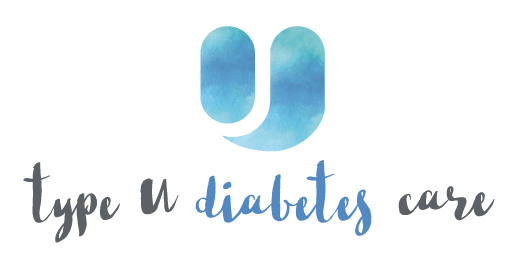Diabetes Education

Diabetes is a serious and complex condition that can affect your entire body, health and lifestyle. It’s really important to understand the potential complications, how to care for yourself and manage your diabetes properly.
There are so many aspects to consider when managing a diabetes diagnosis and a professional healthcare diabetes educator will help you navigate the pitfalls with evidence-based best practice diabetes education.
Diabetes education is a specialised field of health care. It specifically assists those with diabetes or prediabetes effectively self-manage their care and treatment for:
- Type 1 and Type 2
- Gestational diabetes
- Insulin pump therapy
- Continuous blood glucose monitoring
- Glucose meters, sensors and flash glucose monitoring
A Credentialed Diabetes Educator (CDE) will help improve the life of those who are affected by diabetes either directly or indirectly and provides;
- Support and assistance for those with diabetes
- Education and training to manage diabetes
- Clinical care and management
- Evidence-based information, knowledge, skills and strategies
- Assistance with setting up self-management goals
- Help to live a positive, enjoyable and healthy lifestyle with diabetes
Types of Diabetes
Type 1 Diabetes
Is an auto-immune condition where the immune system destroys the cells in the pancreas which produce insulin. What causes this auto-immune reaction is unknown and is not linked to any lifestyle factors. There is no cure, cannot be prevented and it represents around 10 % of all diabetes cases.
Type 1 diabetes is one of the most common chronic childhood conditions and the onset of it is usually abrupt with obvious symptoms. Management of the condition is with insulin injections several times a day or use of an insulin pump.
Symptoms can include:
- Excessive thirst and urination
- Unexplained weight loss
- Weakness and fatigue
- Blurred vision
- Increased infections
- Headaches
Type 2 Diabetes
Is when the pancreas doesn’t produce enough insulin, the insulin doesn’t work effectively, or the body doesn’t respond effectively to insulin. Type 2 diabetes represents around 85–90% of all cases, most usually in adults over 45 years but increasingly it is occurring in younger ages of children, adolescents and young adults.
Type 2 diabetes is more likely found in people with a family history or in those from particular ethnic backgrounds. It is managed with a combination of regular physical activity, healthy eating and weight reduction, but as it is often progressive, many people will need additional oral medication or insulin injections in addition to lifestyle changes over time.
Symptoms can include:
- Excessive thirst and urination
- Feeling tired and lethargic
- Always feeling hungry
- Having cuts that heal slowly
- Itching, skin infections
- Blurred vision
- Gradually putting on weight
- Mood swings
- Headaches
- Feeling dizzy
- Leg cramps
Gestational Diabetes
Gestational diabetes mellitus (GDM) is a form of diabetes that occurs during pregnancy and will often resolve after the baby is born in most women. It is diagnosed when higher than normal blood glucose levels first appear during pregnancy.
Gestational diabetes is the fastest growing type of diabetes in Australia and affects thousands of pregnant women. Between 12% and 14% of pregnant women will develop gestational diabetes usually around 24 to 28 weeks into the pregnancy, meaning all pregnant women should be tested except those who already have diabetes.
Women with increased risk factors should be tested earlier in their pregnancy and include those who:
- Are 40 years or over
- Have a family history of type 2 diabetes
- Have a mother or sister who has had gestational diabetes
- Are above the healthy weight range
- Have had elevated blood glucose levels in the past
- Are from Aboriginal and Torres Strait Islander backgrounds
- Are from a Melanesian, Polynesian, Chinese, Southeast Asian, Middle Eastern or Indian background
- Have had gestational diabetes during previous pregnancies
- Have previously had Polycystic Ovary Syndrome
- Have previously given birth to a baby weighing more than 4.5kg
- Are taking some types of anti-psychotic or steroid medications
- Have gained weight too rapidly in the first half of pregnancy
Gestational diabetes may also occur in women with no known risk factors
